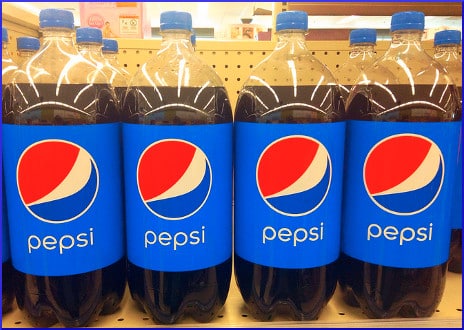
Thanksgiving, Christmas, and several other holidays all have common characteristics. Free food is everywhere, and who can resist it? A candy cane here, a few cookies there, and pretty soon you’re looking at real calories. Some people are emotionally blackmailed into eating too much, while others eat too much without any kind of bullying.
People find it very easy to deceive themselves, and succumb to every variety of fatlogic. Does this sound familiar? “I’ve already slipped up so bad, might as well just enjoy. The new year is almost here, when I’ll make a fresh start.” Just in time for one of the most overindulgent holidays, Bridie Smith of the Sydney Morning Herald has published a pithy guide to Christmas overeating and what happens when…
Suddenly you’re feeling as stuffed as the turducken—for the uninitiated that’s a deboned chicken stuffed into a deboned duck, stuffed into a deboned turkey.
Smith references Nova.org, which goes into even more depth. Strangely, the Nova site is biased toward the homeostasis or calories in/energy out theory. It says, “Basically, food goes in, food gets mushed around and mixed up with a heap of chemicals made by different parts of our body…” There is no mention that many of those chemicals are made not by us, but by our bacterial tenants that make up each person’s microbiome.
Be that as it may, we learn that the “resting” or empty stomach is about the size of a fist. When fed, it holds solids, liquids, and inevitably, air, a little bit of which is swallowed with every bite. It seems that, when called upon to do so, a stomach is capable of holding four liters—though it would probably take a bit of training to achieve the required degree of stretch. Nova suggests that much of the stuffed sensation comes from other organs being squashed. When an overloaded stomach presses up against the diaphragm and lungs, even breathing can be difficult:
More blood flows to our digestive system as it works extra hard to process all the food, sometimes leaving our extremities feeling chilly. We might also feel drowsy, again a result of our digestive system working so hard. Our blood sugar peaks, then drops.
On the psychological level, Nova suggests that we overeat at holidays because there is such a bounteous variety of food to choose from. Traditionally, the table is laden with exotic treats made by people who are competing for the affection awarded to favorite cooks. Novelty is a wonderful appetite enhancer, and of course we want to taste everything.
Paradoxically, we also crave sameness, when the original stimulus is sufficiently enticing. This comes into play when a person eats a succession of seemingly identical items—pistachio nuts, for instance, or raspberries. If the first, second, or third berry does not turn out to be transcendentally delightful, of course a person’s impulse is to keep on trying for perfect berry. But when the ultimate berry has been tasted and swallowed, is it time to quit?
Of course not, because the pleasure center wants to re-experience the bliss of that perfectly-flavored berry, even if it means consuming several more in the course of the search. On a very basic level, we seem programmed to eat more if we like what we are eating, and also programmed to eat more even if we don’t particularly care for it.
The holidays bring along another liability. Various studies have shown that people tend to eat more in groups. When a dozen people are around a table, the likelihood is that most of them will eat more than they would have if alone at their desk. And when people are together, the most careful eaters tend to become heedless, while it never seems to work the other way. Very seldom do big eaters cut down to conform to peers who consume less.
Smith’s page includes a short video from the American Chemical Society that is very genteel, but could nevertheless cause a sensitive person to never eat again. Also, right up at the top, there is a bonus turkey-brining tutorial.
Your responses and feedback are welcome!
Source: “The science of overeating at Christmas: What happens when you’ve eaten too much?,”
SMH.com, 12/21/15
Source: “The Ins and Outs of Our Digestive System,” Nova.org, undated
Image by Mike Mozart

 FAQs and Media Requests:
FAQs and Media Requests: 











